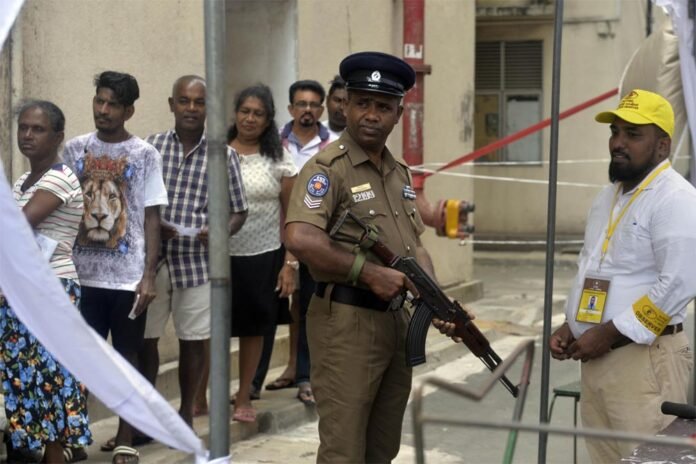Such an understanding has been popularized in traditional thinking, Under which ‘economy’ And the interests of the common man are beginning to look conflicting. On the one hand the economy is performing better, And suddenly the day to day life of common people becomes worse.
Sri Lanka’s presidential election has confirmed the global trend that parties bound in traditional frameworks of thinking are no longer acceptable to the people. This is because they have no answer to the everyday problems of the people. Such an understanding has been popularized in traditional thinking, under which the interests of the ‘economy’ and the common man have started appearing contradictory. On the one hand the economy improves or performs better, and at the same time the everyday life of the common man becomes worse. After the Aragayala (people’s uprising) of 2022, the Sri Lankan ruling system made Ranil Wickremesinghe, the leader of the party that won only one seat in the previous parliamentary election, the President. Walking on the beaten path, Wickremesinghe tried to find a solution to the unprecedented economic crisis by seeking refuge in the IMF. Accepting the harsh conditions of the IMF, the Wickremesinghe government gave a loan from it. Under this, all subsidies including food and energy were abolished. The tax burden on the middle class and the common man was increased.
As a result, the condition of the majority of the people today is said to be worse than in 2022. In view of the extreme unpopularity of Wickremesinghe, the traditional powers bet on opposition leader SJB’s Sajitha Premadasa in the presidential election. Premadasa presented himself as a savior without presenting any alternative policy. But in the meantime, more than 20 people’s organizations formed a front called National People’s Power (NPP) under the leadership of the Marxist party Janatha Vimukthi Peramuna (JVP). The NPP presented an alternative plan with common people-centric economic policies in front of the voters by breaking away from the norm. As an NPP candidate, JVP’s 56-year-old charismatic leader Anura Kumara Dissanayake has now been elected the President of the country. Wickremesinghe was praised a lot in the international media for bringing the ‘economy’ back on track. But the people of Sri Lanka have rejected him badly. He could not even get 20 percent of the votes. On the other hand, Premadasa also got limited to around 30 percent of the votes.

